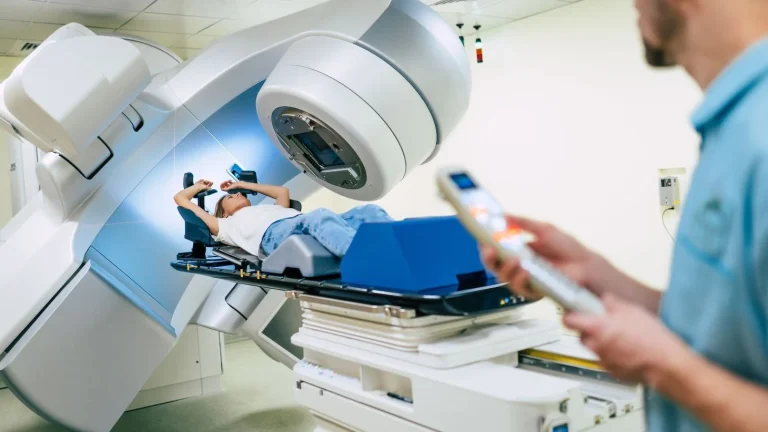The Nigerian Cancer Society (NCS) announced plans on Friday in Abuja to launch an aggressive cancer awareness campaign to improve public knowledge about the disease.
The society’s President and Chief Executive Officer, Prof. Abidemi Omonisi, decried poor dissemination of cancer information, particularly in rural communities, during a media parley.
The engagement was part of the society’s activities marking the 2025 International Day for Cancer.
Omonisi expressed deep concern over inadequate cancer awareness in rural areas, where most Nigerians live. This, he noted, leads to late diagnosis and limited access to timely treatment.
He stated that, under his leadership, the NCS would launch a vigorous awareness campaign in rural areas and translate educational materials into major local languages.
This initiative, he explained, aims to bridge the knowledge gap about cancer, which is most prevalent in rural communities.
The NCS president also decried the inefficiency of Nigeria’s national cancer registry system, stressing that science depends on data, and cancer registries are crucial for prevention and control.
Omonisi highlighted the rising cancer burden in Nigeria and emphasised the need for an effective surveillance system to assess the problem’s magnitude and monitor control measures.
He noted that population-based cancer registries provide essential data for effective surveillance and planning.
“For the first time in 65 years of cancer registration in Nigeria, the Federal Government, through NICRAT and Lagos University Teaching Hospital, established a Childhood Cancer Registry in 2023,” he said.
He added that Nigeria has the highest number of population-based cancer registries in Sub-Saharan Africa, with five registries contributing to the latest Globocan 2022 global statistics.
These registries — located in Abuja, Calabar, Ekiti, Ibadan, and Ilorin — provide data used by the International Agency for Research on Cancer (IARC-WHO) to calculate cancer incidence.
Omonisi commended registry directors and staff for their achievements but lamented poor government funding, noting that most registries rely on self-financing.
He listed key challenges in cancer registration, including poor funding, inadequate technical staff, lack of data coordination, and insufficient infrastructure.
The NCS president also condemned the migration of oncology professionals for better opportunities abroad, describing it as a crisis in Nigeria’s healthcare workforce.
He further criticised the high cost of cancer treatment in Nigeria, stating that it remains unaffordable for most patients who depend on out-of-pocket payments.
Omonisi urged Nigerians to take National Health Insurance Authority (NHIA) enrolment seriously, as relying solely on personal funds is discouraging for many patients.
He acknowledged the Federal Government’s efforts in establishing the National Cancer Health Fund (NCHF) but described current allocations as inadequate.
He noted that only ₦150 million was budgeted under “Counterpart Funding for Cancer Health Fund” (ERGP25227378) and ₦50 million under “Counterpart Funding for Childhood Cancer Health.”
The president argued that these funds are insufficient compared to previous allocations, making it a major setback for cancer care in Nigeria.
“A patient with HER2-positive early breast cancer needs ₦16.8 million for PHESGO treatment in one year, excluding other costs for lab services, surgery, and supportive care,” he explained.
He warned that the proposed 2025 budget for the Cancer Health Fund would cover no more than 22 patients nationwide.
“We strongly appeal for increased funding in the 2025 budget to support indigent cancer patients, who make up over 70 per cent of those affected in Nigeria,” he said.
NAN


